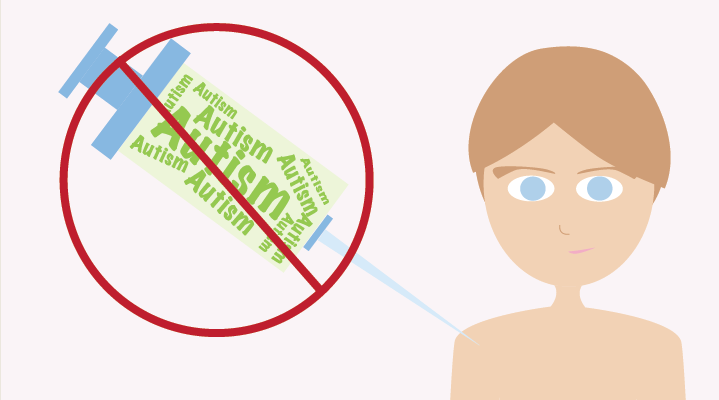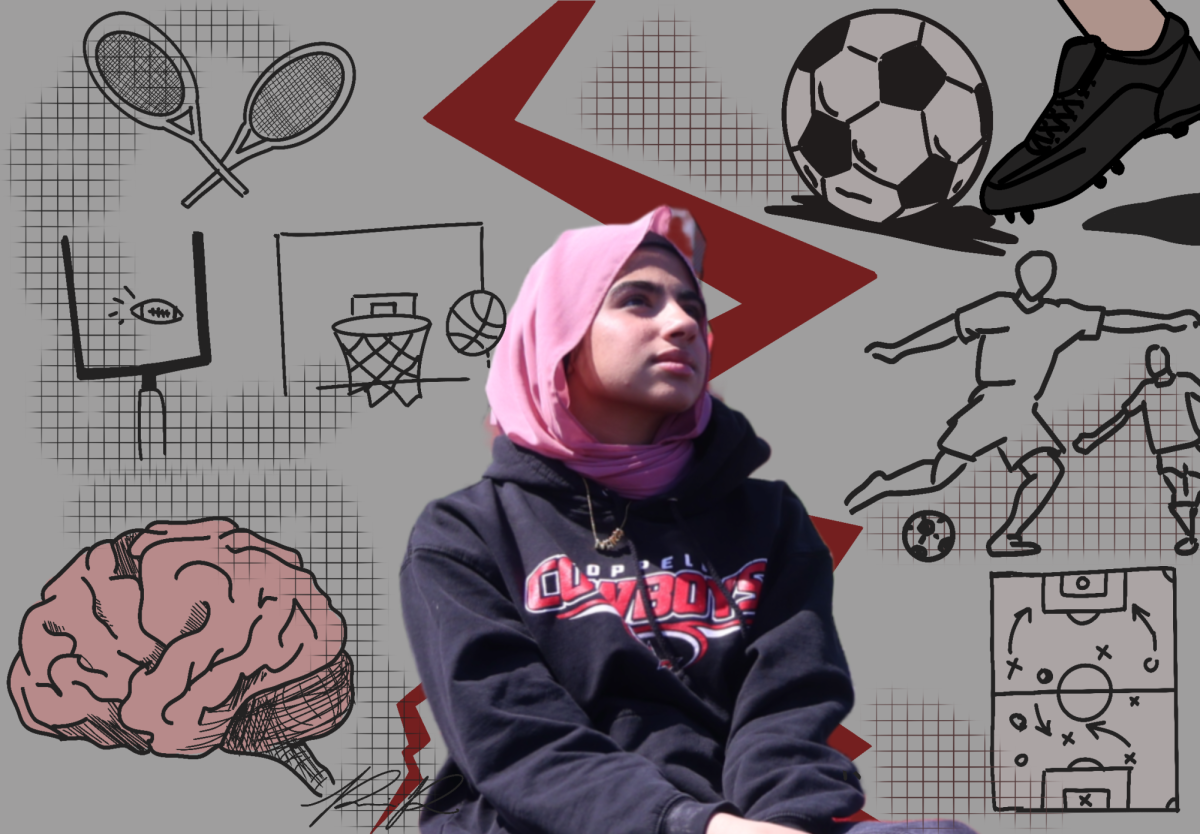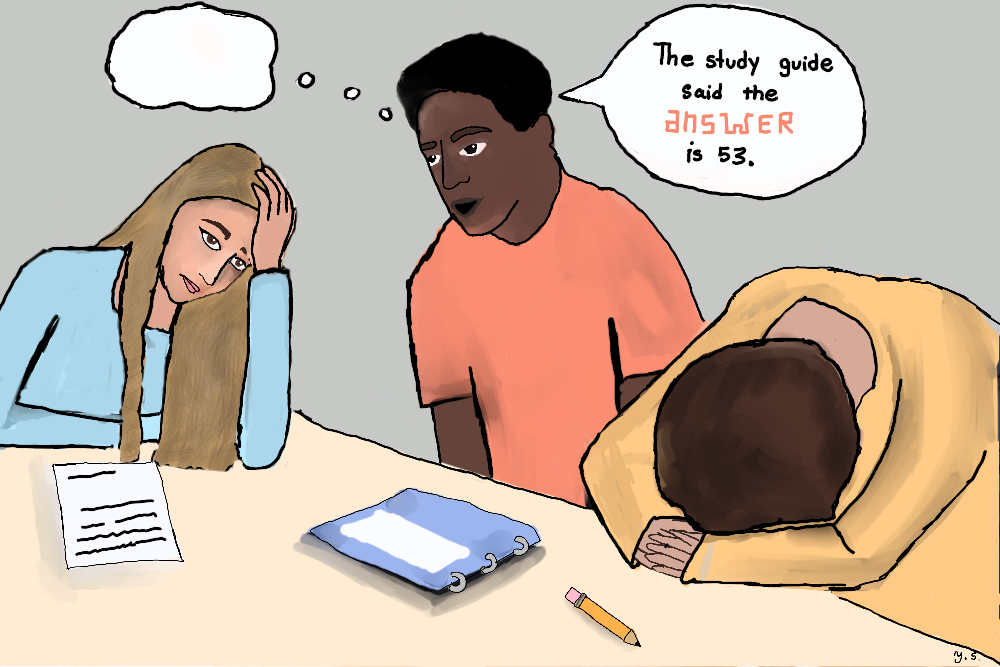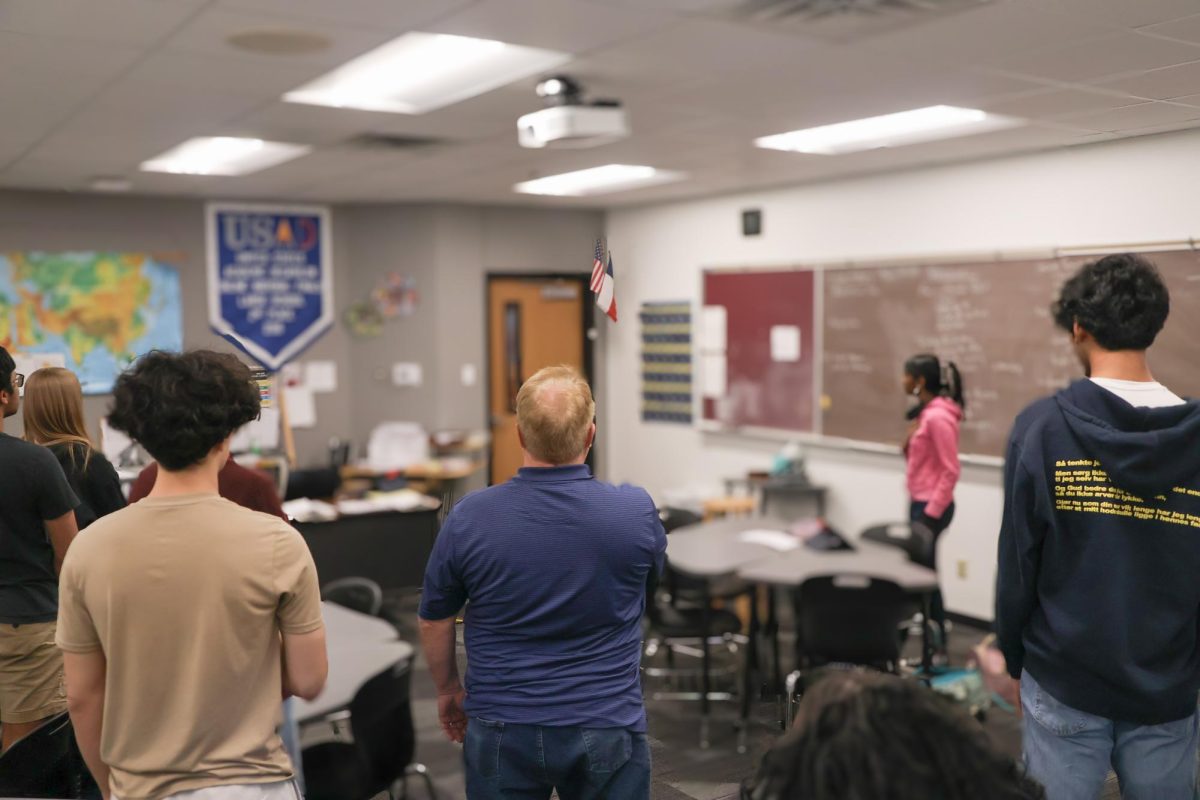By Pranathi Chitta
Staff Writer
@prannydacheetah
I have always found the field of public heath interesting since the Ebola outbreak last summer.
I thought that public health was a field that did not have any complications to it other than trying to cure viruses and diseases. However, when I was listening to the radio, I heard something about a dispute between public health and citizens’ civil liberties.
After researching, I realized that many citizens enjoy their liberties, such as freedom, more than being healthy and keeping their environment healthy. Last year, a nurse, Kaci Hickox, treated Ebola patients in West Africa and when she came back to America, Hickox disobeyed official instructions to isolate herself from society so other people wouldn’t be affected by her or contract an infection she may have. Hickox has said, “I don’t plan on sticking to the guidelines,” and “I remain appalled by these home quarantine policies that have been forced upon me.”
Of course, there have been many instances when medicine has backfired and had negative impacts. For example, many people for a long time have believed that vaccines can lead to autism, which is why many families refuse to vaccinate their children. For this reason, many families argue that their rights of freedom are more important than their children being at the risk of autism.
According to a CDC study in 2013, it was concluded that vaccines do not cause autism. Children who were tested did not have any links to ASD (Autism Spectrum Disorder) traits. Tested children were given vaccines for tetanus toxins, hepatitis, mumps, measles, rubella and many other vaccines that pediatricians recommend children to take. Researchers also recorded the amount of antigens for each vaccine and came to the conclusion that ASD was not associated to any of the antigens from the vaccines.
To make this conflict less likely and to set priorities straight, the government should use more of their power to increase emphasis on health promotion. Further, the government should change regulations to be stricter for those who chose not to be treated for any illnesses. For example, the government can prevent ill people from going into work or getting paid leave until they get the proper treatment. The government should rightfully detain someone if they do not comply with public health rules and they are a danger to their society.















